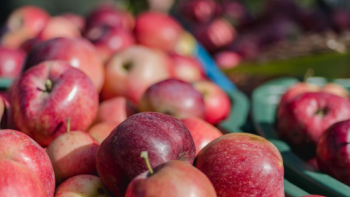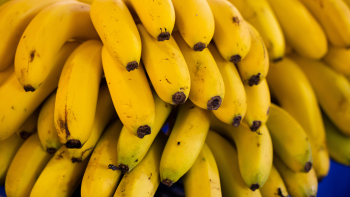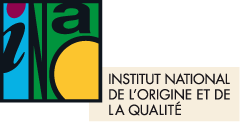Going organic: how do you get started?
Operators (producers, processors, importers), restaurateurs, importers... Find out everything you need to know to commit to Organic Agriculture.
Operators (producers, processors, importers)
Any operator committed to organic farming must notify its activity to Agence BIO and contract with a certification body approved by INAO and accredited by the Comité français d'accréditation (COFRAC).
INAO has developed practical tools to help you read the regulatory framework. The "Produire bio" website, run by the FNAB, also offers information on procedures and aid for operators wishing to embark on organic farming.

Several schemes exist to finance organic projects in France (organic sector structuring funds, ...). Existing aids are listed on the Agence BIO website.
There are also several training courses to learn how to produce organically (Formabio, Mooc Bio, licence pro agriculture biologique Conseil et Développement, FNAB network training courses...).

Restaurateurs
To provide consumers with greater guarantees, a national specification specific to the use of organic products in commercial restaurants has been applicable in France since 2012. Since January 2020, in the interests of simplification and clarity, restaurants can be certified organic on the basis of "product quantities purchased". Depending on the percentage of organic ingredients or foodstuffs purchased by value, restaurateurs can in fact claim to use one or other of the following terms, necessarily attached to the national AB logo: from to 50 to 75%, from 75 to 95% and at least 95%.
The restaurateurs concerned must contact an INAO-approved certification body. The activity must also be notified to Agence BIO.
To identify suppliers suited to your activity, an official directory of organic farming operators can be consulted on the Agence BIO website: https://annuaire.agencebio.org/recherche-avancee
Importers
In order to guarantee the traceability and control of organic products imported from third countries (i.e. outside the European Union), the European Commission has introduced an electronic Certificate of Organic Inspection (COI), issued from the TRACES NT website.
All batches of organic products imported from third countries must be accompanied by the COI, dematerialized, completed and stamped via the TRACES NT application. This document is checked and stamped by the DGAL for products of animal origin and animal feed, and the DGCCRF or DGDDI for other products before release for free circulation. The operators concerned must therefore be registered on the TRACES NT application to make the request.

The European Union concludes trade agreements with third countries to recognize equivalence for products from organic farming. The European Commission lists all countries benefiting from such agreements on its website. Regularly updated, this page also provides precise information on the nature of these agreements.
